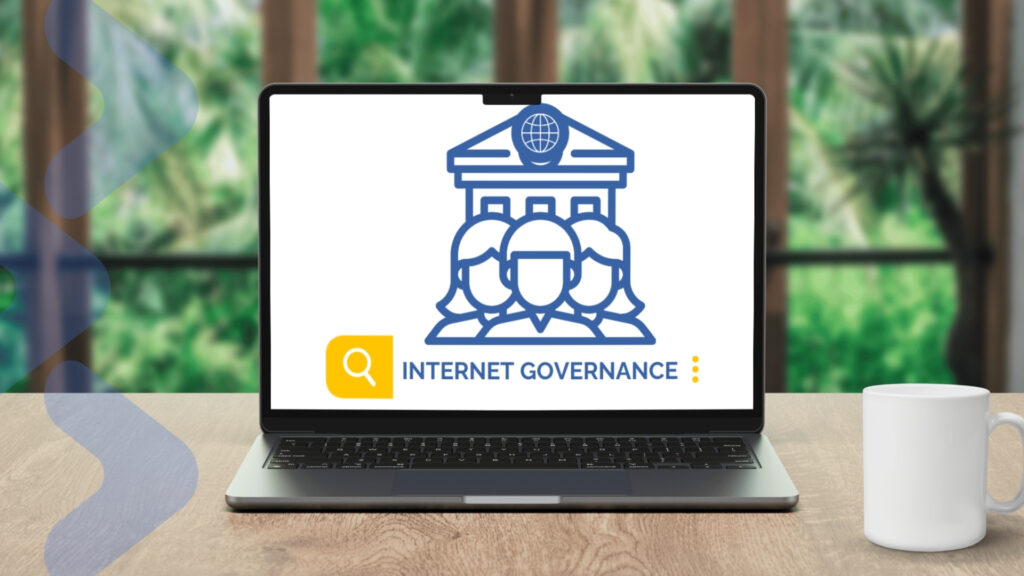
Recientemente, en medio de intensos debates en las Naciones Unidas sobre el papel de la comunidad técnica en los Foros de Gobernanza de Internet (IGF) y la Gobernanza de Internet en general, NIC Costa Rica ha respaldado activamente iniciativas que destacan la importancia de la participación de la comunidad técnica, pues las mismas tienen importantes implicaciones para el futuro del Modelo de Múltiples Partes Interesadas que ha sido fundamental para dar forma a las políticas y prácticas de Internet que la han mantenido libre y abierta para la población mundial.
Con esto, NIC Costa Rica reconoce los riesgos potenciales asociados con cualquier propuesta que pueda socavar este Modelo y que pueda poner en peligro la inclusividad y eficacia de los procesos de Gobernanza de Internet.
En colaboración con otros líderes de la comunidad técnica, NIC Costa Rica adoptó una postura proactiva al sumarse a la presentación de una declaración en la reciente consulta efectuada y que está relacionada al Pacto Digital Global (Global Digital Compact).
La declaración, que puede leer a continuación, respalda el trabajo realizado hasta el momento, pero destaca una serie de áreas de mejora, entre ellas:
- La inclusión clara de terminología bien establecida como “global”, “abierto”, “interoperable” y “resiliente”.
- El énfasis en la “Gobernanza de Internet de múltiples partes interesadas”
- La garantía de que el diálogo sobre el futuro de Internet se lleve a cabo en foros de múltiples partes interesadas y no en foros multilaterales.
Este documento que cuenta con la firma de catorce empresas e instituciones signatarias, es un claro paso adelante para garantizar la estabilidad, resiliencia, acceso e interoperatividad de la Red de redes.
Joint Statement at UN Stakeholder Consultation on the Global Digital Compact zero draft
Delivered statement as: A technical community coalition for multistakeholderism
Good afternoon Chair, co-facilitators, and fellow stakeholders,
I am speaking on behalf of a group of aligned members of the technical community with a long history of involvement in multistakeholder Internet governance (named below).
We would like to express our thanks to the co-facilitators and all others involved in the development of the Global Digital Compact zero draft.
We welcome and appreciate the recognition of the Internet’s technical community in the zero draft. We are also pleased to see the zero draft’s commitment to the vision and outcomes of the World Summit on the Information Society (WSIS) and its reaffirmed commitment to the Internet Governance Forum (IGF), as well as continued efforts to ensure more diverse participation.
There are several areas where we believe the zero draft can be strengthened. First, we call for the addition of well-established terms such as “global, open, interoperable, and resilient” to describe the desirable attributes of the Internet, alongside existing terms in the zero draft: “free” and “secure” (paragraphs 25, 26). Unless there is a clear, meaningful and unique rationale provided for the use of the term “universal”, we call for its removal from the text as a descriptor of a desirable attribute of the Internet (25, 26).
Second, we call for language in the zero draft that supports and foregrounds “multistakeholder Internet governance”. “Multistakeholder cooperation” (25) is not a term widely used in the multistakeholder community. By contrast, “multistakeholder Internet governance” speaks to well established and constructive processes whereby all stakeholder groups—governments, civil society, academia, the private sector and the technical community—engage collaboratively in the governance of the Internet.
Third, we are concerned that the scope and scale of new multilateral structures proposed would centre dialogues about the future of the Internet and its governance in multilateral fora. These dialogues should occur in multistakeholder venues where all those who have a stake in the Internet’s future can take part on equal footing.
We advocate for the centering and strengthening of existing UN WSIS infrastructure, including the IGF, in the follow up and review of the GDC. This approach would reflect the GDC’s stated commitment to multistakeholderism, mitigate the costs and administration required to implement and maintain these new processes, and leverage the history and expertise housed in these fora.
As negotiations for the GDC get underway, we call for continued opportunities for meaningful input from non-government stakeholders. Thank you.
- Asia Pacific Network Information Centre (APNIC)
- Associação DNS.PT, Portuguese Registry
- au Domain Administration
- Blacknight
- Canadian Internet Registration Authority
- DENIC eG
- GoDaddy
- IE Domain Registry CLG, trading as .ie
- InternetNZ
- Japan Registry Services Co., Ltd
- NIC Costa Rica the ccTLD for .cr
- Nominet
- Public Interest Registry
- Tucows Domains
